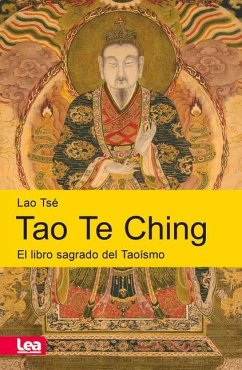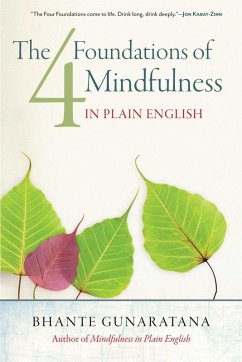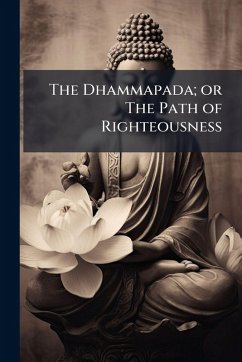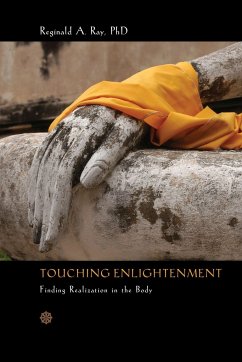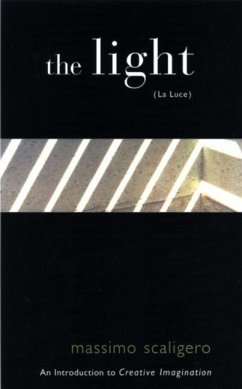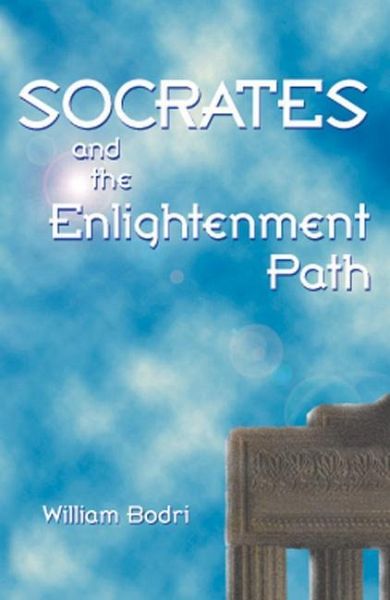
Socrates and the Enlightenment Path

PAYBACK Punkte
8 °P sammeln!
This enlightening exploration of Buddhism and Socratic philosophy reveals the deep connections between these two profound traditions of thought. The basis of Western thought and, indeed, our educational system can be attributed to the truth-seeking methods of Socrates. One of the Greek philosopher's most enduring concepts, the importance of self-knowing, has been echoed throughout Western literature and has many reverberations within Eastern thought. William Bodri shows that Socrates had attained a spiritual stage called samadhi, satisfying the requirements specified in Buddhist systems of one...
This enlightening exploration of Buddhism and Socratic philosophy reveals the deep connections between these two profound traditions of thought. The basis of Western thought and, indeed, our educational system can be attributed to the truth-seeking methods of Socrates. One of the Greek philosopher's most enduring concepts, the importance of self-knowing, has been echoed throughout Western literature and has many reverberations within Eastern thought. William Bodri shows that Socrates had attained a spiritual stage called samadhi, satisfying the requirements specified in Buddhist systems of one who had attained enlightenment. Bodri points to the comparisons and contrasts between East and West, illuminating both Buddhist and Socratic thought. Using Socrates as an example, Bodri calls for the broadening of our Western ideas of learning to encompass spiritual knowing.






